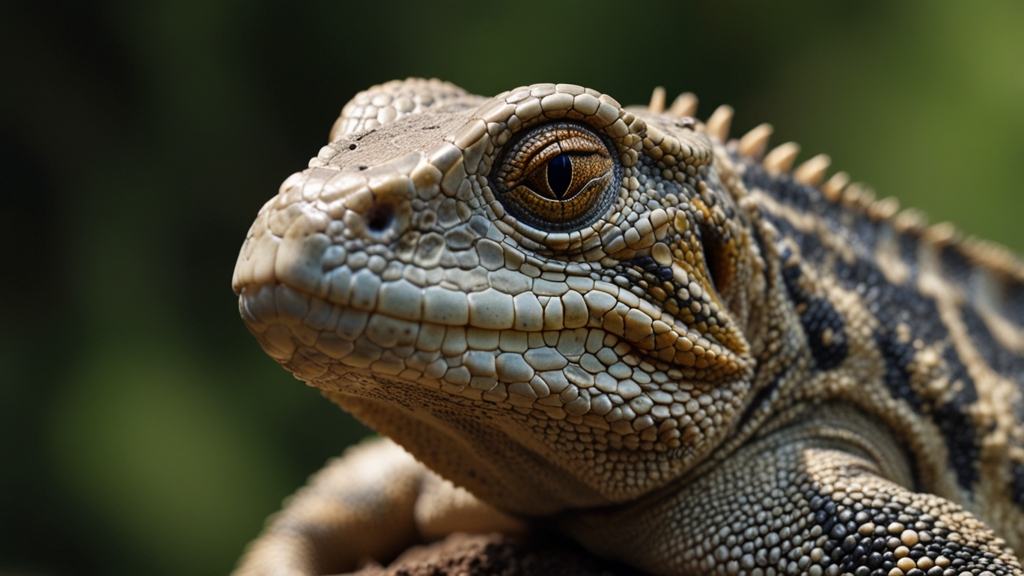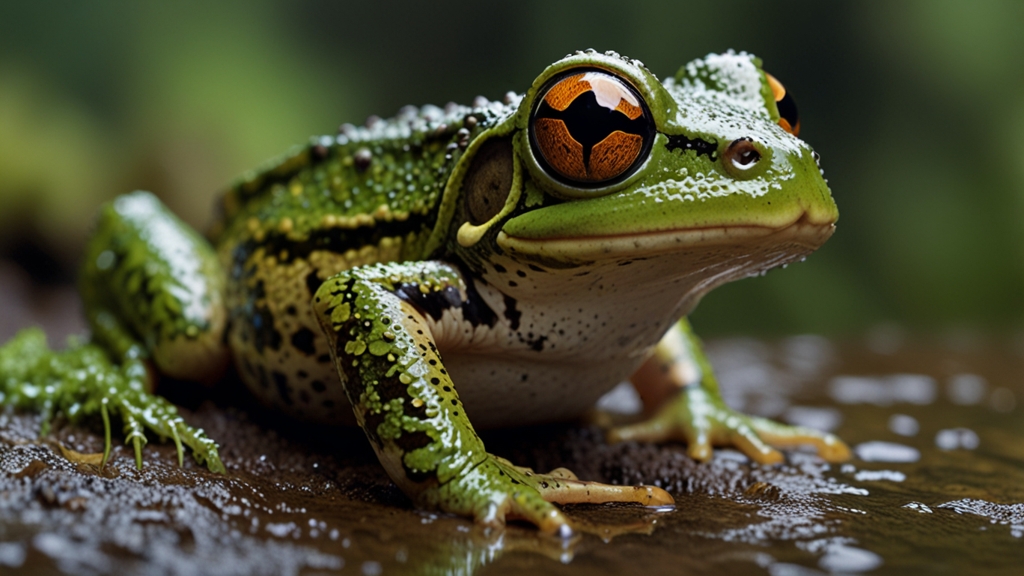Why Do Reptiles Bask in the Sun? The Science Behind Their Behavior
In the wild, it's common to see reptiles sprawled out in the sun on rocks, logs, or other elevated surfaces. This behavior, known as basking, is a quintessential aspect of reptilian life. While it may appear as though these cold-blooded creatures are simply lounging around, there is a complex scientific rationale behind their sunbathing. Let's delve into why reptiles bask in the sun and the science that underpins this behavior.
Thermoregulation: A Matter of Survival
Reptiles are ectothermic, meaning they rely on external heat sources to regulate their body temperature. Unlike mammals and birds, which can internally produce heat to maintain a constant body temperature, reptiles must seek out heat from their environment. Basking in the sun allows reptiles to elevate their body temperature to an optimal level, facilitating numerous physiological processes.
The temperature at which a reptile functions most efficiently is termed its "preferred optimal temperature zone" (POTZ). Staying within this zone is crucial for their survival, as it affects their metabolism, digestion, immune function, and overall health.
Metabolic Benefits
One of the primary advantages of basking in the sun is the significant boost it provides to a reptile's metabolism. Enzymatic reactions and metabolic processes are temperature-dependent. By raising their body temperature, reptiles can catalyze these biochemical processes more efficiently. This is especially important after feeding, as higher temperatures aid in quicker digestion and nutrient absorption.
Furthermore, an elevated body temperature can improve muscle performance and increase the reptile's agility and response time, both of which are vital for evading predators and capturing prey.
Vitamin D Synthesis
Basking in the sun is also crucial for the synthesis of vitamin D, specifically vitamin D3 (cholecalciferol). Ultraviolet (UV) rays from the sun facilitate this synthesis in the reptilian skin. Vitamin D3 is essential for calcium metabolism, and a deficiency can lead to serious health issues such as metabolic bone disease. Thus, sun exposure is a vital aspect of maintaining optimal skeletal and cellular function, especially in captive reptiles, where artificial UVB lighting is often provided to mimic the natural benefits of sunlight.
Studies have shown that reptiles exposed to natural sunlight exhibit healthier bone structure and better overall physical condition compared to those deprived of adequate UVB exposure.
Behavioral and Psychological Implications
Basking not only impacts physiological health but also influences behavioral and psychological well-being. A warm, sunlit rock can serve as a territorial marker, helping reptiles establish dominance and deter potential competitors. Additionally, time spent basking can be a period of relaxation and reduced stress, contributing to overall mental well-being.
Conclusion
Understanding why reptiles bask in the sun sheds light on the intricate balance of their natural behavior and physiological needs. Thermoregulation through sunbathing is vital for metabolic efficiency, vitamin D synthesis, and overall health. As captivating as it is to observe a lizard or snake sunning itself, there's far more happening beneath the surface—it's a practice of scientific necessity, deeply woven into the fabric of their survival strategy.
For enthusiasts and pet owners alike, acknowledging the importance of basking can lead to better care practices, ensuring that these fascinating creatures lead healthy, fulfilling lives. In essence, basking is not merely a behavior but a critical component of reptilian life, underscoring the awe-inspiring adaptability of these ancient beings.









